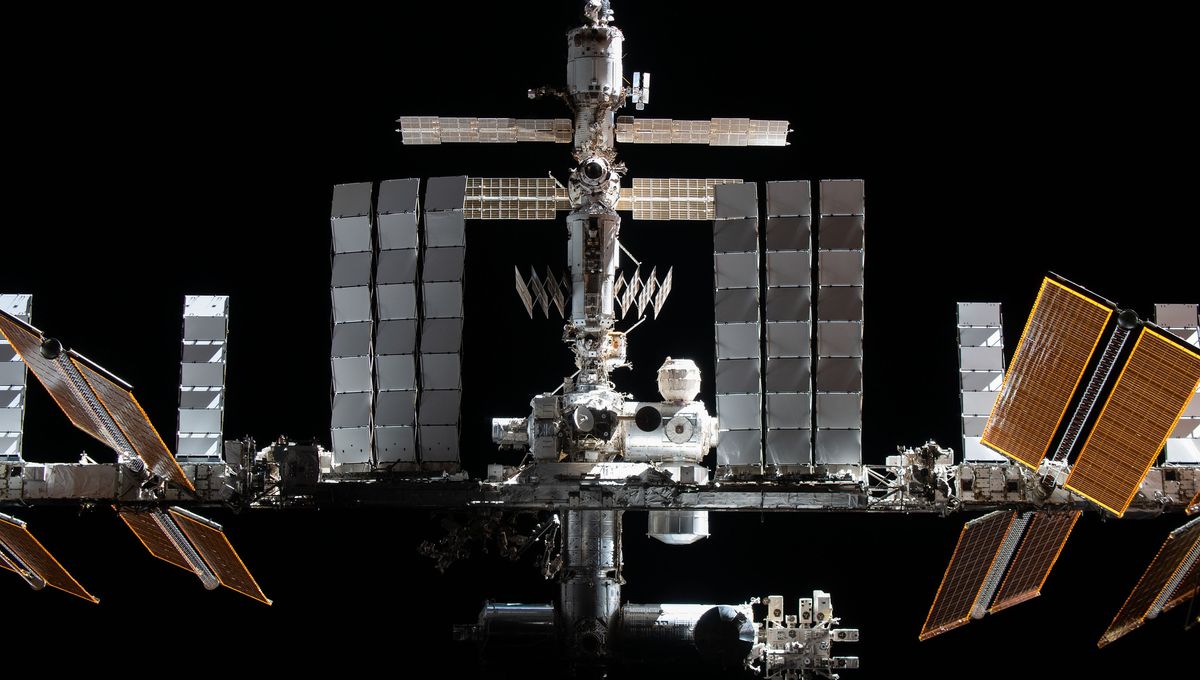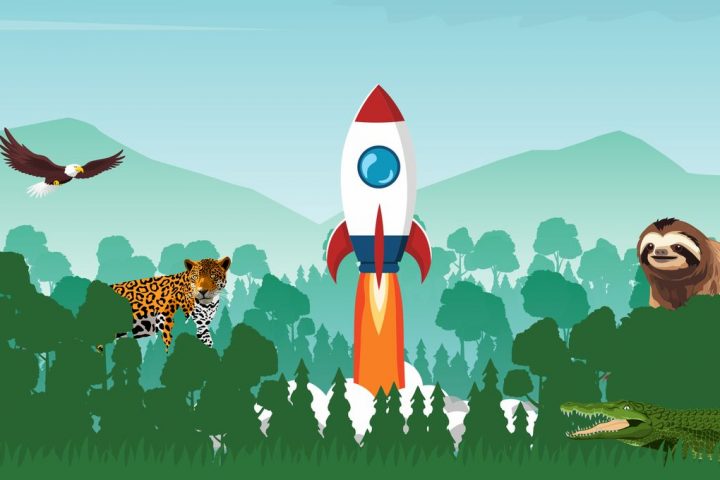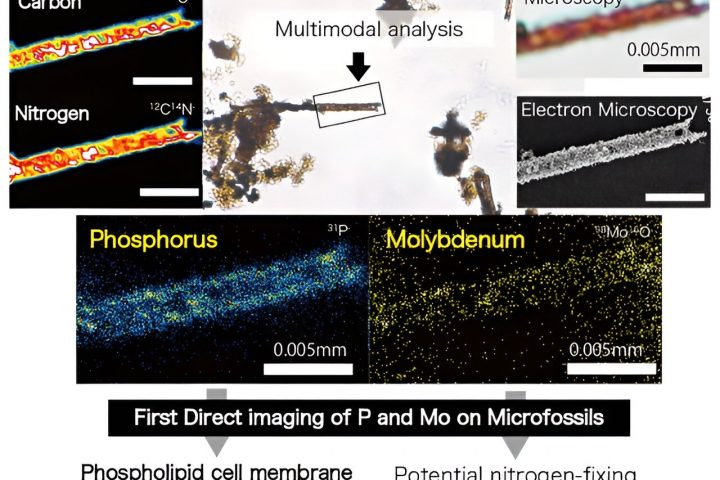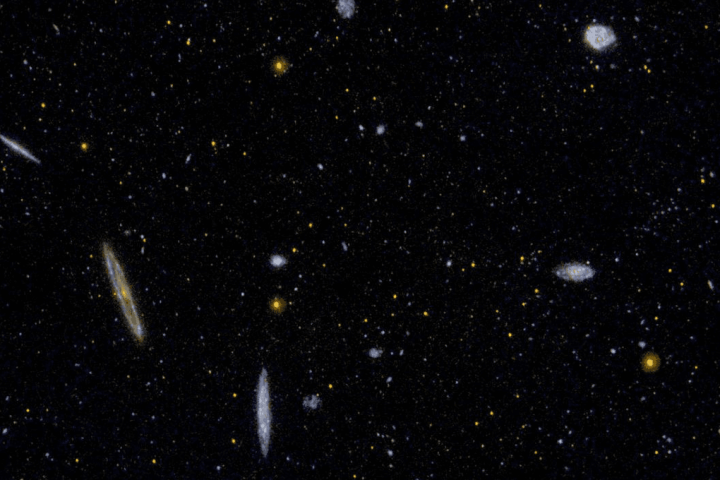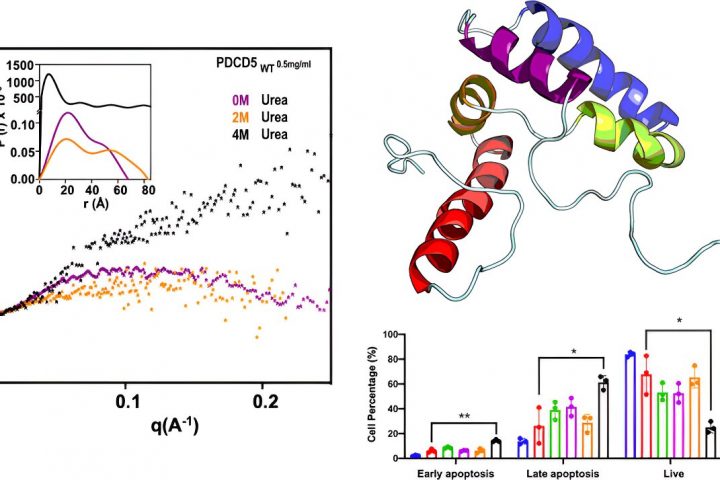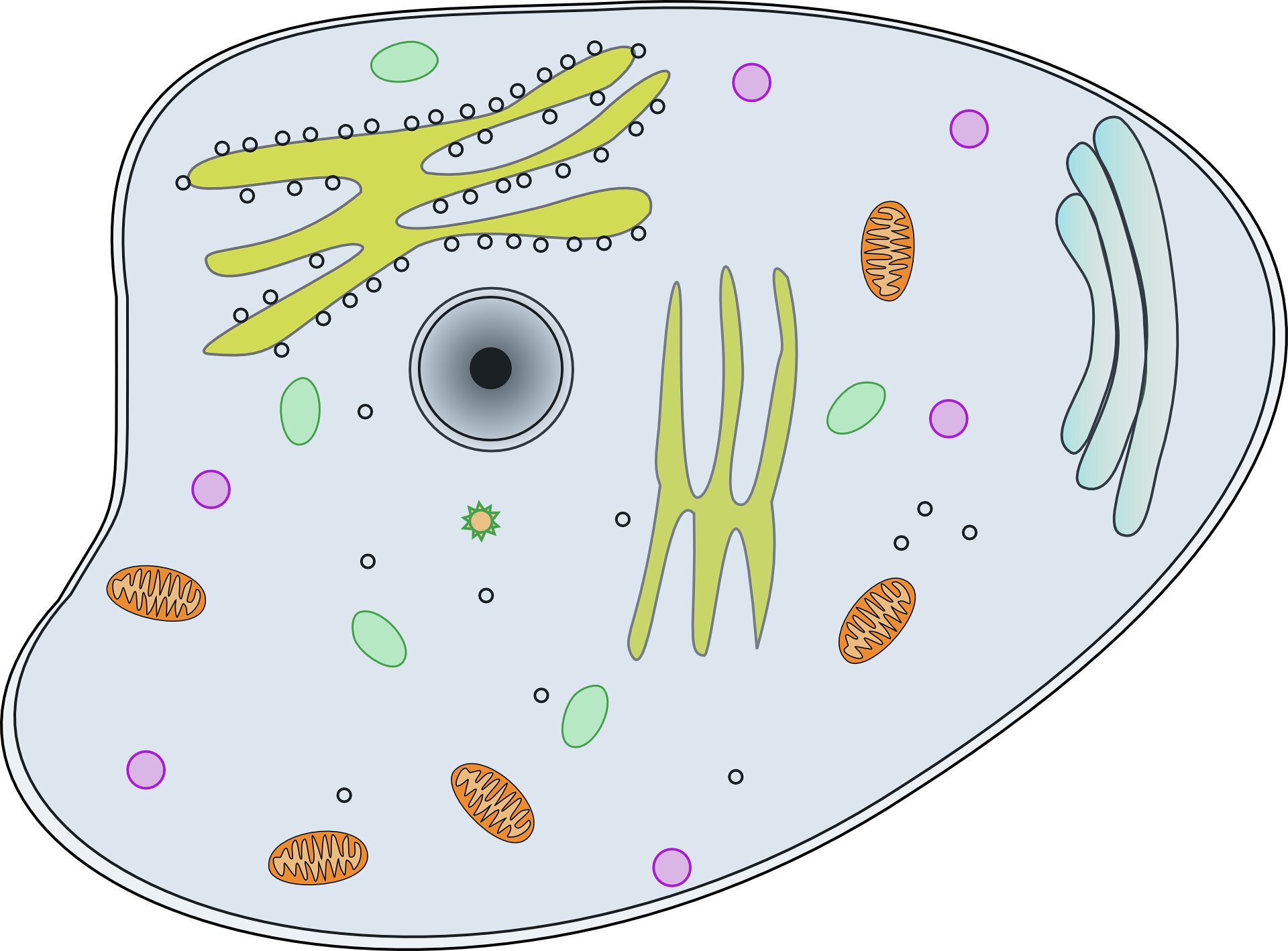Imagine sending frozen fertilized mouse embryos to space and witnessing their development in microgravity. That’s exactly what happened in August 2021 when these tiny cells were thawed and nurtured in a special setup aboard the International Space Station (ISS). Over four days, they transformed into blastocysts, the early stage of development that could potentially become a fetus and placenta.
On the ISS, there were two control samples – one experiencing Earth-like artificial gravity in a centrifuge and another on Earth. While the developmental stages were similar across all three setups, the survival rates in space were significantly lower compared to Earth.
Previous studies had shown that space travel didn’t affect the fertility of male mice or the health of their offspring back on Earth. However, this groundbreaking research is the first to demonstrate that mammal embryos can develop normally in microgravity.
The researchers stated, “Gravity had no significant effect on the blastocyst formation and initial differentiation of mammalian embryos.” This means that under microgravity conditions, the blastocysts developed with normal cell numbers, inner cell mass, trophectoderm, and gene expression profiles.

The findings are intriguing, but there’s still a long way to go before achieving a viable pregnancy. The blastocyst stage is just the beginning, occurring up to three weeks after fertilization in human terms. Previous experiments with pregnant mice in microgravity resulted in some health complications for the offspring, but it proved that healthy mice pups could partially develop in space.
While astronauts exercise rigorously to counteract the effects of zero gravity on their bodies, these benefits cannot be passed on to a fetus. Further research is necessary to understand the intricacies of fetal development in space. The team is eager to conduct more studies, including implanting blastocysts developed in space back on Earth.
